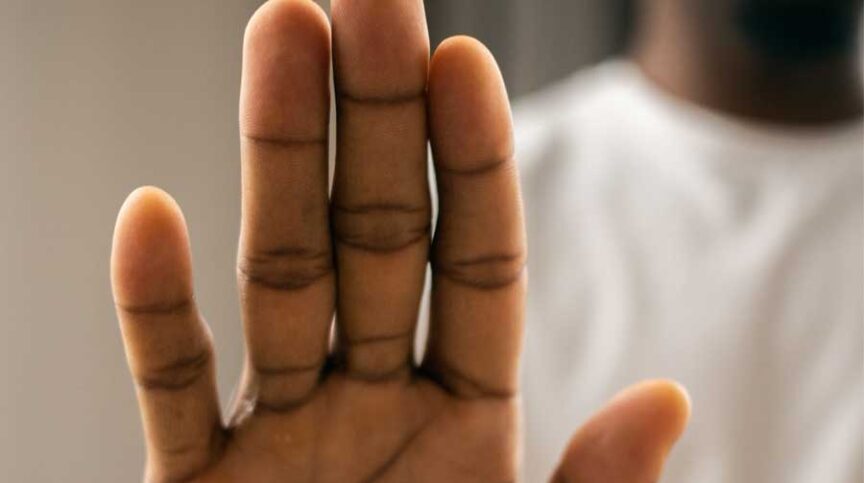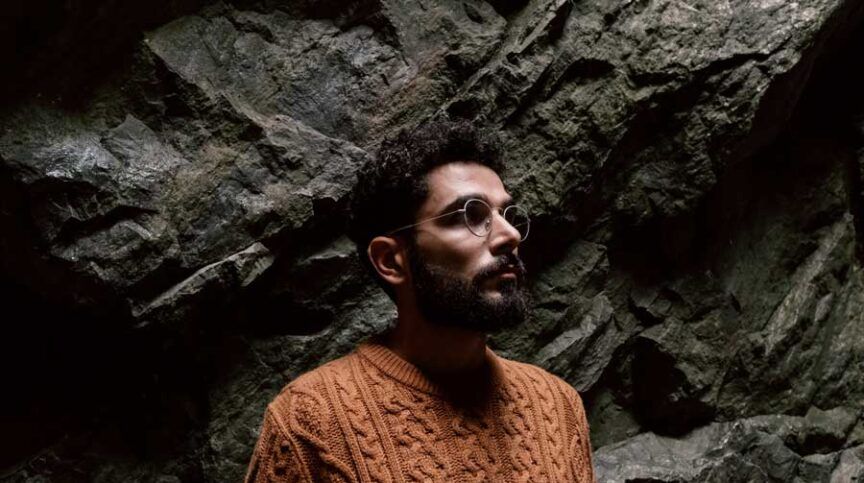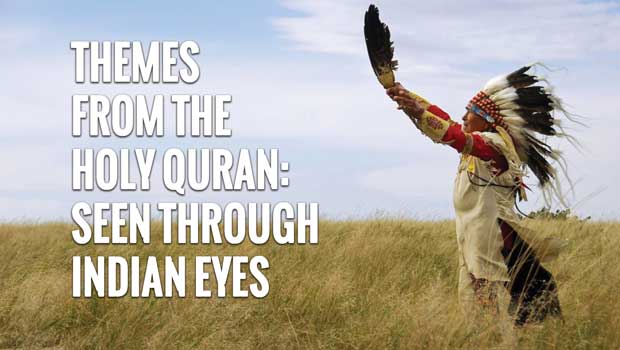Historians and scholars of social justice movements alike routinely credit Dr. Martin Luther King, Jr. as being the catalyst and preeminent leader of the Civil Rights Movement of the mid-1950s to late 1960s. He was vilified by Southern and Northern racists and fervently avoided by more conservative, accommodationist African American ministers, politicians, and community leaders. King, nevertheless, galvanized the masses of Southern Blacks to embrace non-violent civil disobedience as a vehicle for social change and equality. His April 4, 1967 speech, “Beyond Vietnam: A Time to Break Silence,” in New York City’s Riverside Church was for the most part negatively received, and his already diminishing support took a further hit that he never recovered from, even up to the time of his assassination exactly one year later. There existed an unwritten rule that Civil Rights leaders like King should refrain from publicly sharing their personal opinions on United States policy decisions involving international issues like the Vietnam War and stick to domestic race relations.
King felt strongly, though, that the money allocated to violence, death, and destruction of Brown people on the other side of the world was well within his purview. In addition to the injustice of the war culture, the money could be better spent on improving the quality of life for poor people here at home. In an exhibition of principled courage on behalf of the poor, King articulately pointed out that President Johnson’s War on Poverty was a failed campaign and would continue to be as long as the Vietnam War continued to garner the lion’s share of the federal budget.
Dr. King Calls Upon Government to Alleviate Poverty
After the financial and human resources of the Southern Christian Leadership Conference (SCLC) plummeted following his Beyond Vietnam speech, King sought means to invigorate the once potent support base for his work. He announced, at a retreat for the SCLC in November 1967, his intention to organize a national Poor People’s Campaign the following year in Washington, D.C. This idea was the brainchild of Marion Wright, the dynamic director of the National Association for the Advancement of Colored People’s Legal Defense Fund in Jackson, Mississippi. The proposed Poor People’s Campaign was to be launched on Mother’s Day, May 12, 1968. Its aim was to systematically call upon Congress and then-President Lyndon Johnson, through a multiracial coalition of African Americans, White Americans, Native Americans, and Hispanic Americans, for the alleviation of poverty in the United States. King hoped that “poor people of all colors and backgrounds would win their right to a decent life and respect for their culture and dignity.”
By 1967, the Black Freedom Movement was influenced by young African Americans who accepted non-violence as a situational strategy but rejected it as a philosophy to live by. The leaders included H. Rap Brown (Imam Jamil Al-Amin), Stokely Carmichael (Kwame Toure), Huey Newton, Angela Davis, Bobby Seale, Kathleen Cleaver, and Attorney Chokwe Lumumba. King envisioned the Poor People’s Campaign as a “…Middle ground between riots on the one hand and timid supplications for justice on the other… Let’s find something that is so possible, so achievable, so pure, so simple.” Rev. King remarked, “that even the backlash can’t do much to deny it. And yet something so non-token that even the black nationalists can’t disagree with it that much.” The Mother’s Day March received commitments of support from the leaders of Native Americans, Chicanos, Puerto Ricans, women rights groups, anti-war groups, and various White American social justice groups.
A New Leader for the SCLC
Rev. King was tragically assassinated on April 4, 1968, approximately one month before the Poor People’s Campaign. Against protestations from leading members of his staff, Dr. King went to Memphis, Tennessee following repeated appeals from the leaders of the sanitation workers to physically appear in the city to support their strike. Following King’s assassination, Rev. Ralph Abernathy, a fellow activist and close friend of King, became the new leader of SCLC. The difficult decision was made to continue the campaign as planned, starting with thousands of women converging on Washington, D.C. on Mother’s Day, to demand from legislators economic equality and removal of the structural racism barriers that impeded, if not prohibited, economic opportunities for all Americans. Resurrection City, a temporary settlement of wooden and tin shacks, tents, and improvised sleeping arrangements, was erected on the Washington Mall. The encampment dwellers were plagued with seemingly unending rain, mud, and extreme heat for one month. Every day, participants visited legislators and their staff members, calling for action on their demands. The presence of Dr. King was sorely missed, but this did not diminish the significance and historic nature of the 1968 Poor People’s Campaign. The Interior Department forced Resurrection City to shut down after its permit of occupancy expired.
Fast Forward to June 20, 2020
The social and economic crucible that existed over half a century ago for Blacks and other people of color in the U.S. necessitated a civil and human rights struggle to bring about meaningful change. Frederick Douglass, 19th century abolitionist and arguably one of the greatest orators and lifetime champions for the oppressed, is famously quoted as saying, “Power concedes nothing without a demand, it never has, and it never will.” It is unfortunate that the economic conditions today in the United States for the poor are relatively the same, or in some instances worse, than they were in the 1950s and 60s. Fortunately, there are individuals today who demonstrate fervent commitment, as did Dr. King, to meet the “fierce urgency of now.” Speaking in 1957, Dr. King stated, “In this juncture of our nation’s history, there is an urgent need for dedicated and courageous leadership.” Many people see Dr. William J. Barber, II, a North Carolina-based pastor, political activist, and member of the national board of the NAACP, as an example of the type of leadership that is needed during turbulent times.
In 2006, Rev. Barber, then-president of the North Carolina NAACP, and a group of activists brought together sixteen progressive statewide organizations to launch the Historic Thousands on Jones Street coalition (HKONJ). Those sixteen grew to more than two hundred civic and religious groups. “We recognized that many of the same political forces that are against say gender rights, are often also against education equality, environmental justice, and policies that help the poor,” states Rev. Barber. In 2013, he started the Forward Together Moral Movement, nicknamed Moral Monday, a series of weekly protests on the grounds of the state capital in Raleigh, North Carolina. Over 1,000 religious leaders, social activists, teachers, union members, voting rights advocates, elected officials, and others were willfully arrested as they silently protested harsh and immoral laws in the halls of the General Assembly.
The Moral Monday gatherings evolved into a genuine fusion movement of interests and constituencies at unprecedented levels in the state. In a report put out by The Poor People’s Campaign, “The Souls of Poor Folk,” the authors state “…the Fusion coalition, avoiding partisan and ideological divisions and focusing on common moral and democratic values, stitched together a huge coalition of poor, wealthy, and middle class, medical professionals and the uninsured, Christians, Jews, Muslims, and people from other faith traditions alongside non-religious citizens who shared their belief in a social order grounded in love…” Never one to rest on his laurels, Rev. Barber resigned from the presidency of North Carolina NAACP in May 2017 and, along with Rev. Liz Theoharis, Co-Director of the Kairos Center at Union Theological Seminary in New York, organized the Poor People’s Campaign: A National Call for Moral Revival. Rev. Barber readily acknowledges that Dr. King and the 52nd anniversary of the historic Poor People’s Campaign were his inspirations to organize this year’s event. Since 2017, Rev. Barber and Rev. Theoharis have visited 25 cities, conducting organizing sessions for the national mobilization of Poor People’s Campaign: A National Call for Moral Revival on June 20, 2020 in Washington, D.C. The report, “The Souls of Poor Folk,” states, “The Poor People’s Campaign has developed out of years of organizing across the United States. In communities across this land, people impacted by systemic racism, poverty, ecological devastation, the war economy and our distorted moral narrative have said the same thing: ’We want to be free! We need a Moral Revival to make this county great for so many for whom it has not yet been…’ We face a crisis in America: more than two in five Americans are poor or low-income, while millions of children and adults continue to live without access to health care, housing, clean water, or good jobs. At the same time, the issues of poverty and racism have been forced to the margins of the moral narrative and debate in our society.” Tens of thousands of men, women, and children of all races, religions, and ideological perspectives are expected to converge on the nation’s capital for the group’s Mass Poor People’s Assembly and Moral March on Washington.
Barber inspires others to stand tall and hold up the banner that proclaims our commitment to continue the efforts of individuals like Dr. Martin Luther King, Jr. Barber states, “We’ve got to hold up the banner until every person has health care, we’ve got to hold it up until every child is lifted in love, we’ve got to hold it up until every job is a living-wage job, until every person in poverty has guaranteed subsistence.” On Saturday, June 20, the attention of the nation will likely be transfixed on Washington, D.C, not on the usual political rhetoric from Beltway politicians, but on the voices of poor and low-wealth individuals and families. Like their counterparts from decades ago, they have been systematically denied access to opportunities to change their families’ socio-economic condition. It is also likely that echoes from the words and commitment of Rev. King may resonate with the crowd some 52 years after his demise.





